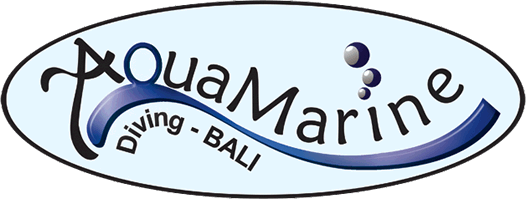How does Plastic Pollution Impact the Health of Coral Reefs?
by Mardia, AMD-B’s 2023 Divemaster Internship
Plastic Pollution Poses a Significant Threat to Coral Reefs
Coral reefs are not just a beautiful sight to behold. They are living, breathing ecosystems that support a vast array of marine life. Despite covering only 1% of the sea floor, coral reefs are responsible for 25% of all marine life. They also play a crucial role in protecting coastal areas and providing employment opportunities to thousands of people in the fishing and tourism industries.
Nevertheless, coral reefs worldwide are currently under threat. The World Resource Institute projects that local human activity, global warming, and ocean acidification will threaten over 90% of the world’s reefs by the 2030s.
Plastic pollution is among the greatest threats to coral reefs, particularly concerning coral disease. According to a study conducted by Lamb et al., published in the Journal of Science, they observed that the prevalence of infection in corals was merely 4% in the absence of any interaction with plastic debris. However, introducing plastic to the reef significantly increased the disease rate, reaching an alarming 89%, representing a twenty-fold escalation.

Removing the Entangled Sack on Coral
Impact on Coral Disease
Pathogens that frequently cause disease outbreaks on coral reefs can be found in plastic pollution. Additionally, when plastics come into contact with coral tissues, they can physically harm and abrade the coral’s delicate surface. As coral tries to heal itself, plastic debris can introduce bacteria and make it expend more energy on its immune response. Moreover, plastic waste can smother the coral, covering its surface and obstructing light and oxygen. This condition can lead to anoxic conditions that favor the formation of polymicrobials and lead to black band disease.
Adopting sustainable practices and addressing plastic waste management is paramount in safeguarding these vital ecosystems. By reducing plastic pollution, we can help preserve coral reefs and ensure the well-being of marine life for future generations.

Broken Sea Fan because of Fishing Net














